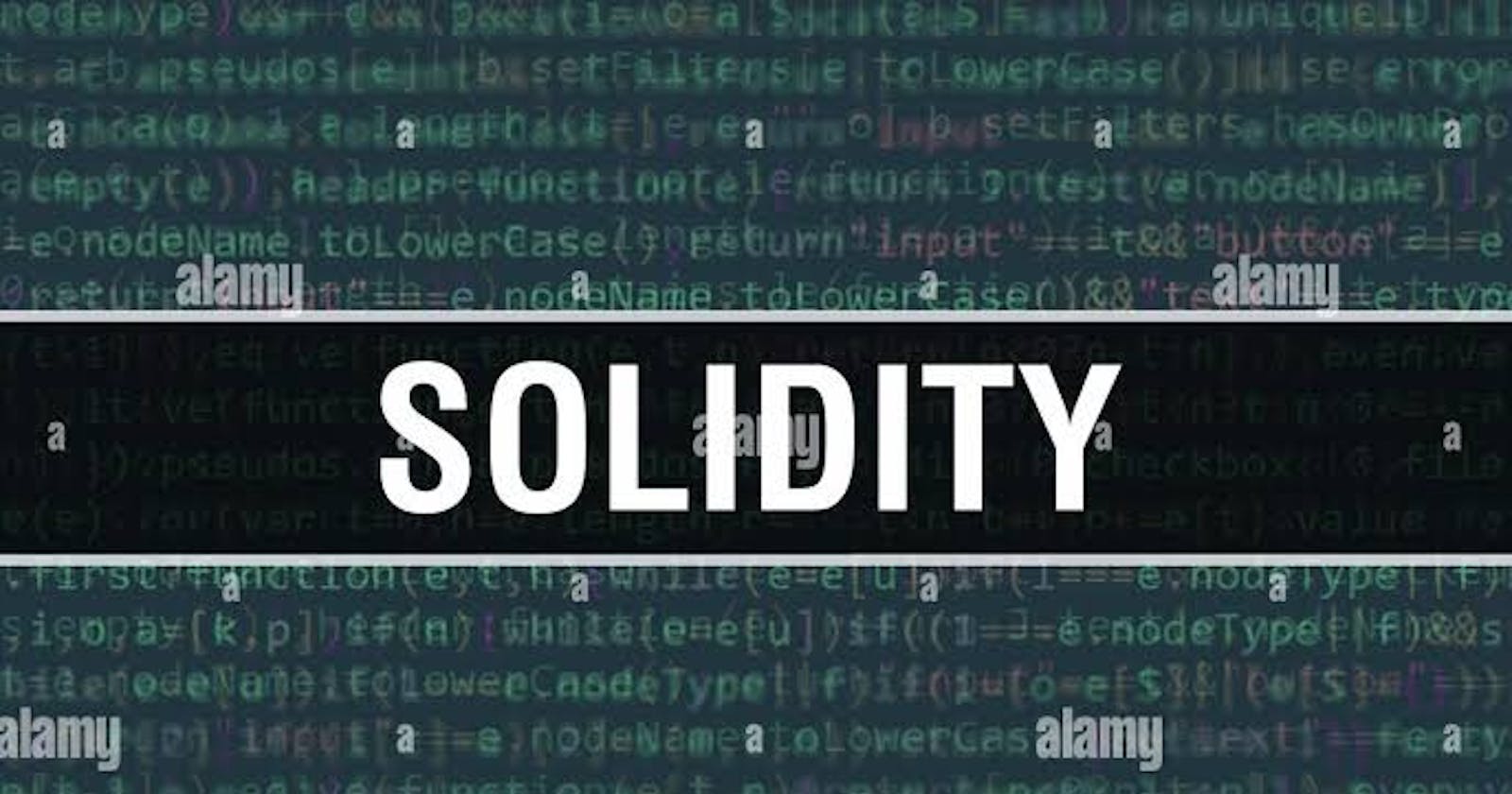The Ethereum blockchain uses the famous computer language Solidity to create smart contracts. Developers who are already familiar with languages in the C-family will find it simple to learn because it is an object-oriented language with syntax like JavaScript.
In smart contracts, the details of the agreement between the buyer and seller are directly encoded into lines of code. These contracts self-execute. These agreements can be used for a number of things, such as the open, conflict-free exchange of money, goods, or anything else of value.
Solidity's support for sophisticated contract logic and high-level programming abstractions is one of its key benefits. As a result, programmers are now able to design sophisticated smart contracts that may automate a variety of corporate procedures, from supply chain management to insurance.
The security of Solidity is another important aspect. The language features support for access control and error handling built in, which helps guard against vulnerabilities like integer overflows and reentrancy attacks.
Solidity not only provides strong development ecosystem and community, but also security features. Developers have access to a wide range of tools and materials, including thorough documentation and an increasing number of open-source libraries and frameworks.
Ultimately, Solidity is a strong and adaptable programming language that gives programmers the ability to build reliable and secure smart contracts for the Ethereum network. It is a popular option for a variety of applications due to its support for complicated contract logic and robust security features.
